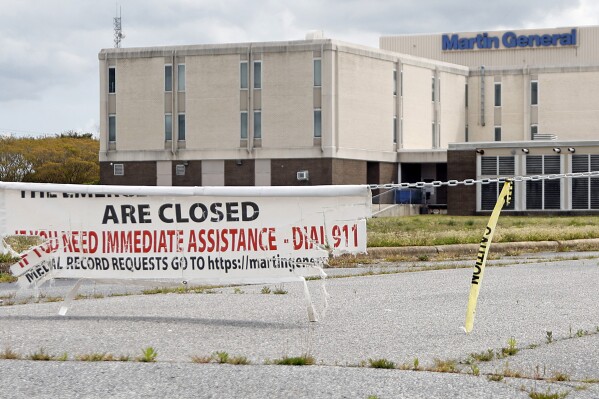North Carolina bill seeks to restrict public and media access to criminal autopsy reports
RALEIGH, N.C. (AP) — Access by the public and the media to North Carolina autopsy reports related to criminal investigations would be significantly restricted under a bill considered Tuesday by a legislative committee.
The proposal was debated by senators but not voted upon. It would explicitly add written autopsy reports from the Office of the Chief Medical Examiner to the list of documents exempt from public records when they are part of an investigative file held by prosecutors trying to solve a crime. The written reports could be accessed after a probe or prosecution is complete, one of the bill’s proponents said.
Those reports often provide the public with information about the details of a crime while a case is pending.
The bill also would repeal a state law that had allowed people to inspect and review — but not copy — autopsy photos, videos and recordings under supervision. Those records also would be considered within a prosecutor’s private case file if part of a crime investigation.
Robeson County Republican Sen. Danny Britt, a defense attorney and former prosecutor shepherding the bill, said the details were still being worked out between state health officials, a group representing district attorneys and others. An updated version was likely to emerge next week.



But Britt said it was important that autopsy records of all kinds — including written reports — be kept out of the public sphere while a potential homicide crime was investigated or prosecuted in the interests of justice.
Releasing autopsy details or obtaining any access to photos or videos from the death review could unfairly taint a case, he said.
“I think that due process in the courts is more important than the public knowing about what happened related to someone’s death,” Britt told reporters after the committee meeting. “I also think it’s more important for that person who’s being prosecuted to have due process, and that due process not being potentially denied so that case gets overturned and then that victim doesn’t receive the justice they deserve, or that victim’s family.”
When asked by Mecklenburg County Democrat Sen. Mujtaba Mohammed if the bill would also restrict a victim’s family access to the reports, Britt said they generally wouldn’t have access as a way to prevent images and videos from being shared to social media. They could, however, sit down with a prosecutor to view the photos, he said.
The North Carolina Conference of District Attorneys supports the autopsy record access changes, said Chuck Spahos, the conference’s general counsel. Content in the prosecutor’s investigative file is already exempt from public records law but can be released later.
“We don’t give the investigative file up during a prosecution, and we shouldn’t be giving up the record of the autopsy during a prosecution,” Spahos said. “If all that stuff gets released in the public, a case gets tried in the public, and that’s not fair to the criminal defendant.”
In addition to autopsy report provisions, the bill also would add training requirements for county medical examiners and further outline how examiners can request and obtain a deceased person’s personal belongings as evidence. If changes aren’t made to the bill, it would make current challenges faced by medical examiners “much, much more difficult,” Mark Benton, chief deputy health secretary at the North Carolina Department of Health and Human Services, said during public comments on the bill.
The measure would have to pass the Senate and House to reach Gov. Roy Cooper’s desk.
Disclaimer: The copyright of this article belongs to the original author. Reposting this article is solely for the purpose of information dissemination and does not constitute any investment advice. If there is any infringement, please contact us immediately. We will make corrections or deletions as necessary. Thank you.


